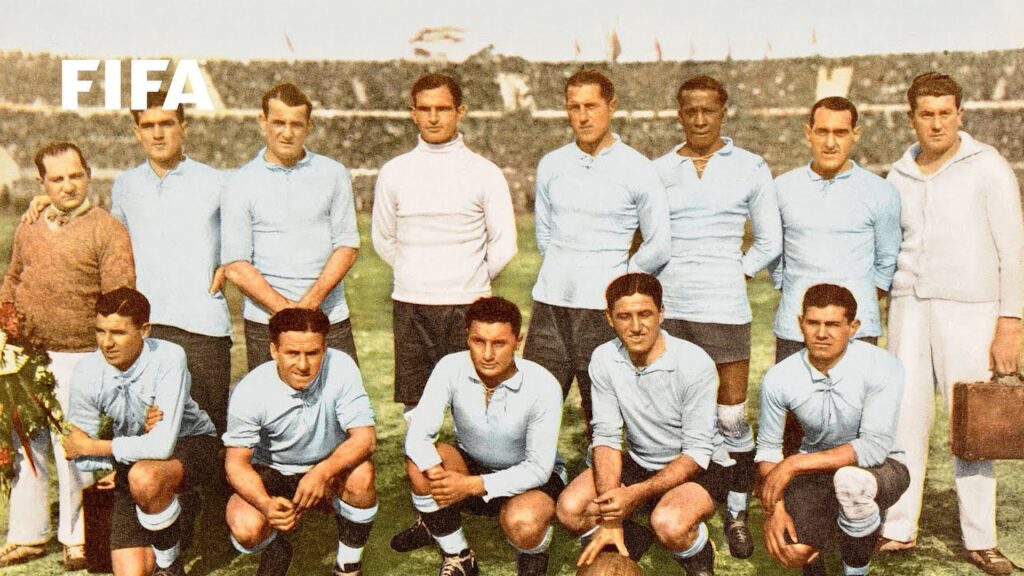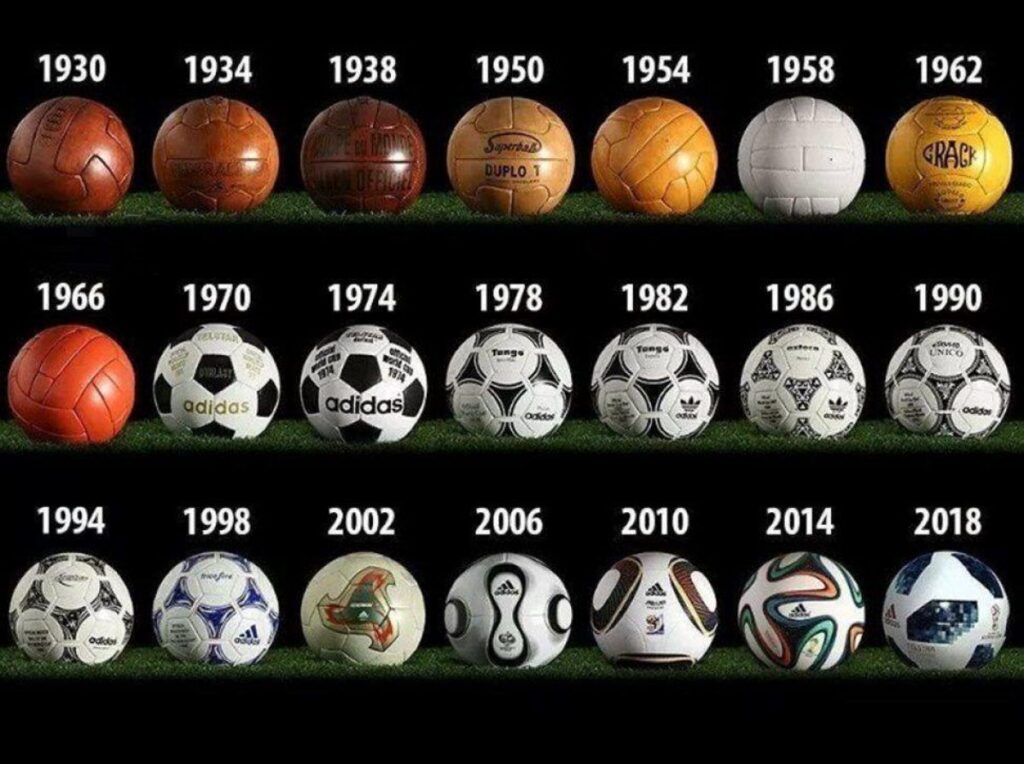History of FIFA World Cup from 1930 to 2022.
Introduction
The FIFA World Cup is the most prestigious soccer tournament in the world. It is held every four years and teams from all over the globe compete for the title. The first World Cup was held in 1930 and since then, it has become the most-watched sporting event in the world. In this blog post, we will take a look at the history of the FIFA World Cup from its humble beginnings in 1930 to the present day. We will also look at what the future holds for the tournament and how it might be different in 2022.
FIFA World Cup History from 1930

The first FIFA World Cup was held in 1930, with Uruguay winning the tournament. The event was originally scheduled to be held in Uruguay, but due to financial problems, it was moved to Brazil. This would be the only time that the World Cup would be played in South America for nearly 40 years.
In 1934, the second FIFA World Cup was held in Italy. This tournament saw the first appearance of a team from Africa, with Egypt qualifying for the event. The 1934 World Cup also saw the first use of goal average as a tiebreaker (a method that would not be used again until 1950). Italy went on to win the tournament, defeating Czechoslovakia 2-1 in the final.
The 1938 FIFA World Cup was originally scheduled to be held in France, but due to the outbreak of World War II, it was moved to Argentina. This would be the last World Cup before the competition was suspended due to the war. In 1946, FIFA met to decide whether or not to resume the World Cup; they ultimately decided against it and did not hold another tournament until 1950.
The 1950 FIFA World Cup was held in Brazil and marked a number of firsts: it was the first World Cup since 1938, as well as being the first ever to be held outside of Europe (a distinction which it would hold until 1994). The 1950 tournament also saw goal average used as a tiebreaker for group-stage matches; this method would eventually give way to goal
FIFA World Cup History from 1950

The FIFA World Cup is the biggest single-event sporting competition in the world and has been held every four years since 1930. The first World Cup was held in Uruguay in 1930, with 13 teams taking part. The tournament has expanded steadily since then, with new teams qualifying and new countries hosting the event.
The 1950 World Cup was held in Brazil and featured 16 teams. The format of the tournament changed slightly from previous years, with a group stage being introduced to determine which teams would progress to the knockout stages. Uruguay were the defending champions, but they were soundly beaten by Brazil in the final, 3-1 in front of a packed Maracanã stadium.
It would be another 24 years before another World Cup was held in Brazil, but the country did produce one of the most memorable moments in tournament history when Pelé scored his 1000th goal against Sweden in 1970.
FIFA World Cup History from 1970
The first FIFA World Cup was held in 1930, but it was not until 1970 that the tournament began to take its modern form. The 1970 World Cup was held in Mexico, and it featured 16 teams from around the world. The format of the tournament was a group stage followed by a knockout stage, and the final was contested between Brazil and Italy.
Brazil won the match 4-1, with goals from Pelé, Jairzinho, Carlos Alberto, and Rivelino. This was the first time that a team from outside of Europe or South America had won the World Cup, and it signaled a changing of the guard in international football.
Since 1970, the World Cup has been held every four years and has continued to grow in popularity and prestige. It is now widely considered to be the biggest sporting event in the world, and it is certainly the most-watched television event. With each passing edition, the history of the FIFA World Cup gets richer and more fascinating.
FIFA World Cup History from 1990
The 1990 FIFA World Cup was held in Italy from 8 June to 8 July 1990, the first World Cup to be hosted by that country. A total of 24 teams qualified for the final tournament. The Soviet Union did not participate because of its ongoing political and economic struggles at the time, and Yugoslavia was also absent due to the tensions between its constituent republics.
Italy’s Roberto Baggio scored in the 93rd minute of the final to salvage a draw for his side against defending champions Argentina at 3–3, thus ensuring that both teams would finish the tournament with identical records. This forced a shootout in which Argentine goalkeeper Sergio Goycochea saved two Italian penalties, while Franco Baresi and Daniele Massaro missed for Italy, allowing Diego Maradona to score the decisive penalty and give Argentina their second title with a 4–3 victory.
This was also the first World Cup since 1966 in which no African team reached the second round of the competition. For the second straight tournament, Brazil failed to reach the final, losing 1–0 to arch-rivals Argentina in a bruising semi-final encounter.
FIFA World Cup History from 2010

The 2010 FIFA World Cup was held in South Africa, the first time the tournament was held on the African continent. A total of 32 teams competed in the event, with Spain emerging victorious after defeating the Netherlands 1-0 in the final.
It was a historic moment for both South Africa and Africa as a whole, as the country and continent hosted their first-ever FIFA World Cup. The tournament was widely considered to be a success, with many praising both the organization and atmosphere of the event.
Spain has crowned champions for the first time in their history, with Andres Iniesta scoring the winning goal in extra time of the final. It was a deserved victory for Spain, who was one of the best teams throughout the tournament.
The 2010 FIFA World Cup will be remembered as a watershed moment for both South Africa and Africa. It was an event that proved that both South Africa and Africa are capable of hosting major international sporting events.
The Future of the FIFA World Cup
As the most popular sporting event in the world, the FIFA World Cup is always evolving. From its early days as a small tournament for European teams to its current format as a global event featuring 32 teams from all over the world, the World Cup has come a long way.
And it shows no signs of slowing down. In 2030, the World Cup will be held in Qatar, making it the first time the event will be held in an Arab country. This is a significant development, as it signals FIFA’s commitment to expanding the game to new markets and populations.
In addition to Qatar, FIFA has also expressed interest in holding the World Cup in countries like China and India, which have huge populations but have yet to really embrace football. There’s no doubt that the future of the World Cup is bright, and we can’t wait to see what happens next.

